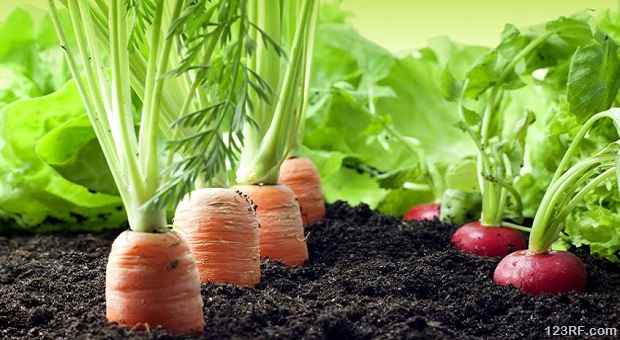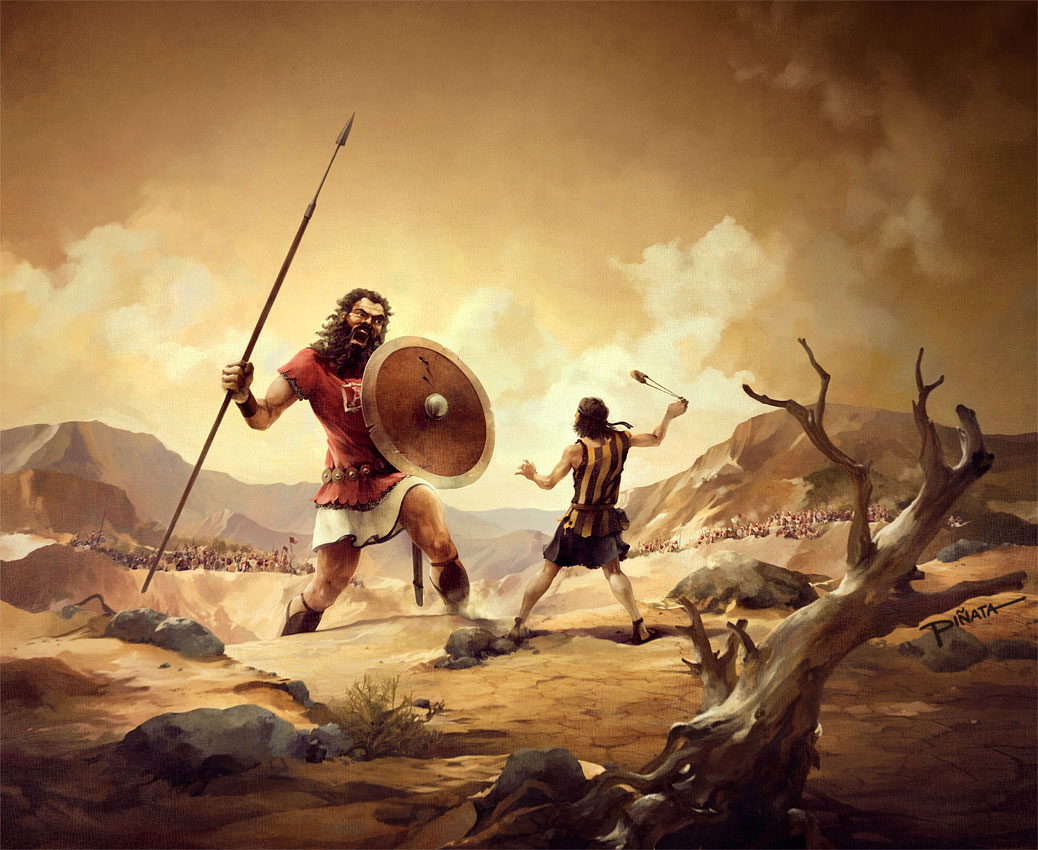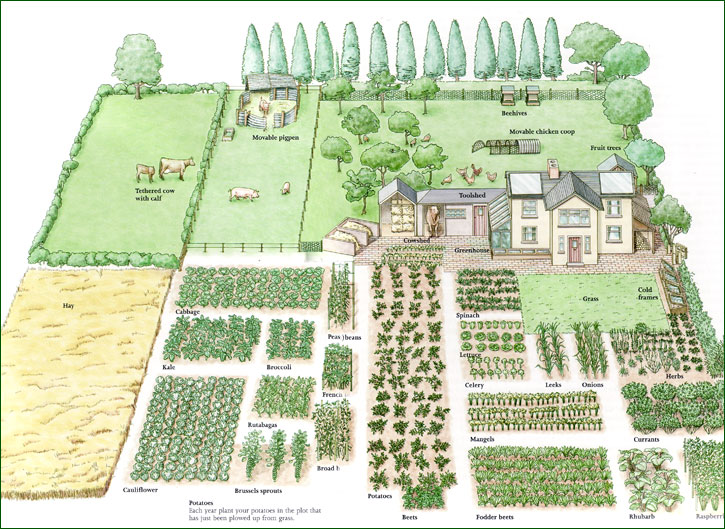I Love Sharp Things, by Phil M.
In any survival situation a defective tool is pretty much worthless and will cost you dearly in frustration or even your life. I’m sure you can think of a lot of examples. Effective tools are a big part of my life and most all of them need to be sharp, and some of them very sharp, like chisels and planer blades. When I started thinking of all the tools that I keep sharp the list started running into the dozens, everything from a potato peeler to a chainsaw. A lot of you are like me in one way or another …






